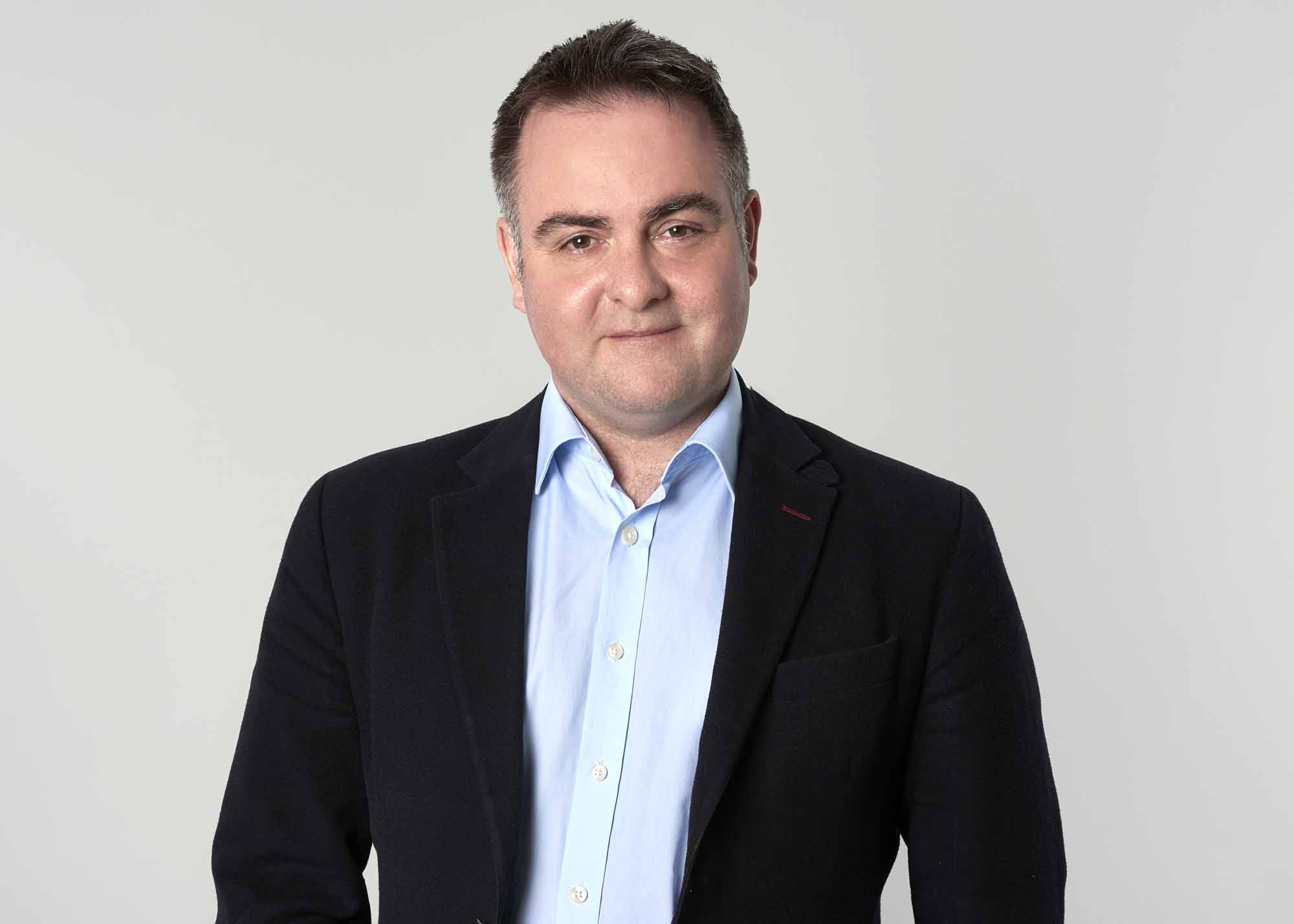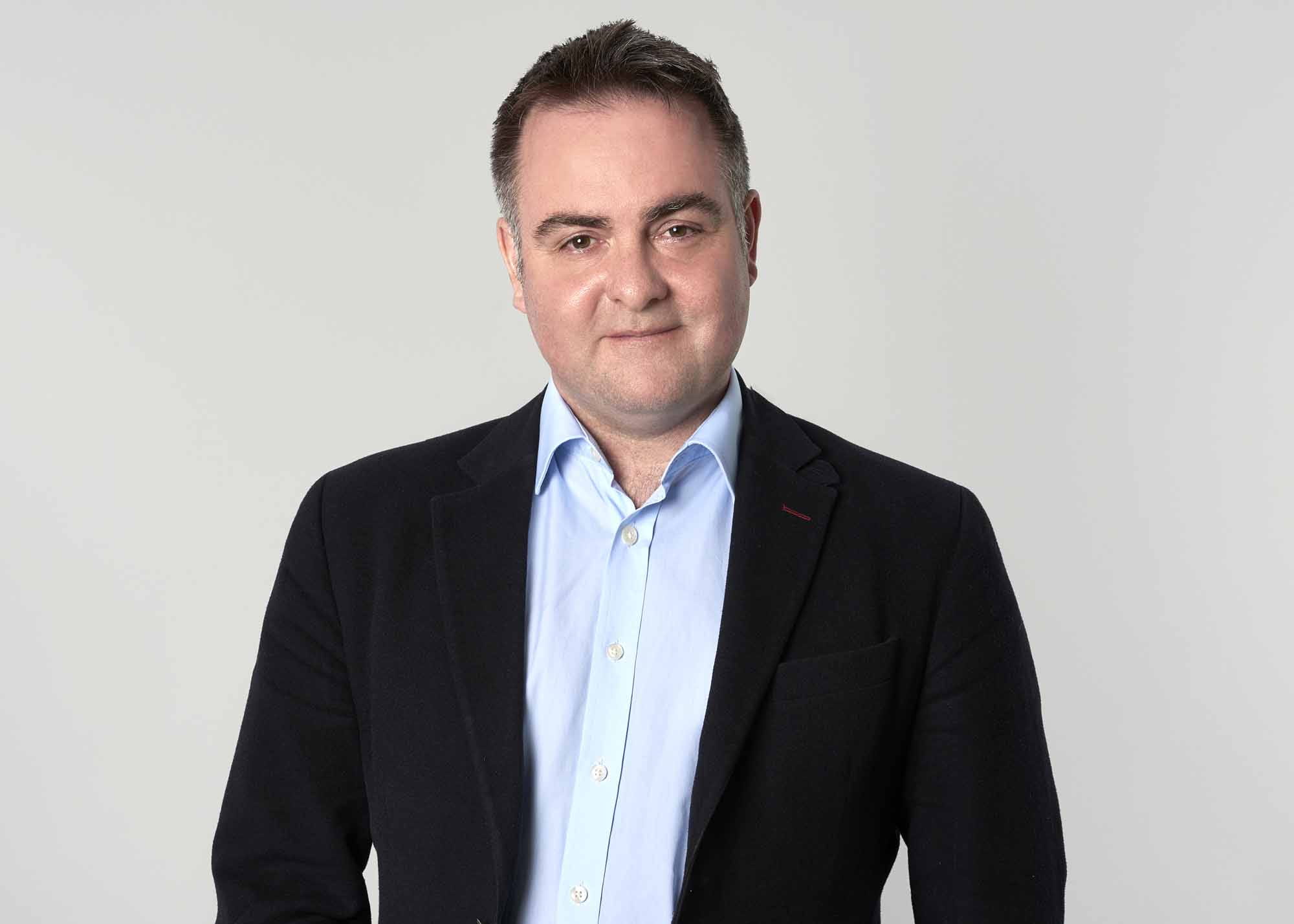
 Over the last few days we’ve seen Covid-19 in previously unaffected countries and continents, individual hotels quarantined in Tenerife and Austria, and even a range of new cities on lock-down outside of China. Once the number of those infected with the Coronavirus was seen to be reducing in China, we had hoped that this would result in fewer infections around the globe. Sadly, this doesn’t seem to be the case. A range of countries have reported new infections. The most concerning are South Korea, Iran, and Italy.
Over the last few days we’ve seen Covid-19 in previously unaffected countries and continents, individual hotels quarantined in Tenerife and Austria, and even a range of new cities on lock-down outside of China. Once the number of those infected with the Coronavirus was seen to be reducing in China, we had hoped that this would result in fewer infections around the globe. Sadly, this doesn’t seem to be the case. A range of countries have reported new infections. The most concerning are South Korea, Iran, and Italy.
 Following several attendances at religious ceremonies in Deagu, South Korea, a solitary worshiper has unwittingly infected hundreds of others in the Shincheonji Church of Jesus – at the time of writing over 450. There are other centres of on-going transmission, however, including a local hospital which was found to have over 100 infected patients. Although more cases are being added almost daily, the total infected is around 1,000 individuals. Quarantining measures and efforts to limit large gatherings have been initiated by the South Korean government but control of the rapidly evolving epidemic is not in sight at present.
Following several attendances at religious ceremonies in Deagu, South Korea, a solitary worshiper has unwittingly infected hundreds of others in the Shincheonji Church of Jesus – at the time of writing over 450. There are other centres of on-going transmission, however, including a local hospital which was found to have over 100 infected patients. Although more cases are being added almost daily, the total infected is around 1,000 individuals. Quarantining measures and efforts to limit large gatherings have been initiated by the South Korean government but control of the rapidly evolving epidemic is not in sight at present.
The situation in Iran is unclear. Some report that there might be considerable discrepancy between the official figures of the epidemic released and the reality on the ground. As many as 50 deaths from Covid-19 are feared, suggesting a considerable number of those who have been infected – possibly many hundreds. Those infected are now even reported to include the Deputy Health Minister. As public health measures in Iran are not as efficient as in other countries, it is expected that the transmission of the coronavirus will be difficult to limit locally.
 Those finally released from the Diamond Princess, the cruise ship docked in Japan, have included passengers with new infections of Covid-19. They tested negative aboard the ship but were in fact in the very early stages of infection. For the newly infected passengers put into further quarantine in Australia, the UK and the US, they will pose no risk to their countries. In Japan, however, hundreds of locals were disembarked directly, leaving for home with haste, Many taking local taxis and public transport. We were concerned that this group might too harbour those who were in the early stages of brewing the coronavirus – but who were not isolated from their countryfolk for a further fortnight. The first few new infections have now occurred in this un-quarantined group. It is expected that other cases will shortly occur in Japan.
Those finally released from the Diamond Princess, the cruise ship docked in Japan, have included passengers with new infections of Covid-19. They tested negative aboard the ship but were in fact in the very early stages of infection. For the newly infected passengers put into further quarantine in Australia, the UK and the US, they will pose no risk to their countries. In Japan, however, hundreds of locals were disembarked directly, leaving for home with haste, Many taking local taxis and public transport. We were concerned that this group might too harbour those who were in the early stages of brewing the coronavirus – but who were not isolated from their countryfolk for a further fortnight. The first few new infections have now occurred in this un-quarantined group. It is expected that other cases will shortly occur in Japan.
The news that 10 towns in Northern Italy have been effectively shut-off to try and limit the transmission of those infected, highlights the fact that Covid-19 will now crop up anywhere. We had hoped that the coronavirus would be controlled as successfully as SARS: following efficient public health measures, there have been no cases of SARS since 2004. Many now think that we have passed the point where Covid-19 can be controlled in this fashion. Moreover, we think that the outbreak is shortly to be declared a pandemic.
 What should we think about this?
What should we think about this?
Firstly, there is absolutely no need to panic. Our public health services are acting to slow the outbreak by going to great lengths to notify cases, quarantine those infected, and treat those with severe forms of the illness. In turn we must adhere to precautions such as washing hands regularly, avoiding those sick, and staying at home if we have any symptoms. Slowing the epidemic is important as it is hoped that come Spring, the cases of Covid-19 may reduce as the weather warms. This is just a hope - as other coronaviruses, such as MERS, can be transmitted in hot climates – but it is likely to be true.
Furthermore, the slower the growth of an epidemic, the reduced likelihood that a country’s healthcare provision will be over-run. Most importantly, the longer the outbreak can be suppressed, the fewer the cases by the time an effective vaccine is made. And a vaccine is certainly important. Although the fatality rate is probably lower than 1% of cases, if huge populations are infected, the world-wide numbers of deceased can be considerable. This was clearly seen with the H1N1 pandemic in 2009, the ‘swine flu’.
Over the next few weeks, we must curb any temptation to succumb to fear. That will only make things worse. For those who are elderly or with chronic illnesses, special efforts should be made to follow precautions. There have been reports of severe illness from Covid-19 in all age groups, however, so all should closely follow local healthcare advice. It is important to realise that the vast majority of individuals infected have had a relatively minor disease. For those with responsibilities for others, such as in business, working out the best way to protect both staff and the bottom-line is essential. As most companies may not have pre-existing infectious disease plans, getting a reliable source of advice is important. Although a pandemic is likely, keeping a sense of perspective, making informed plans, and following advice, will be key to protecting others and ourselves.







